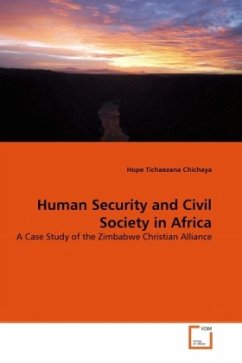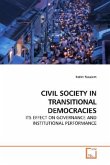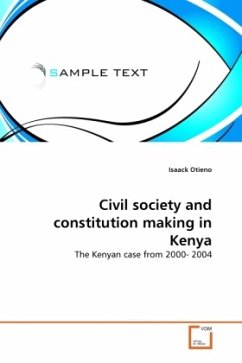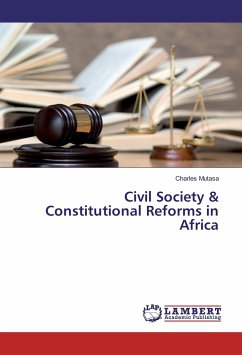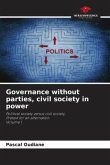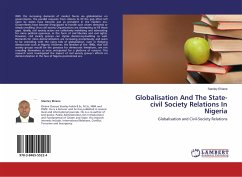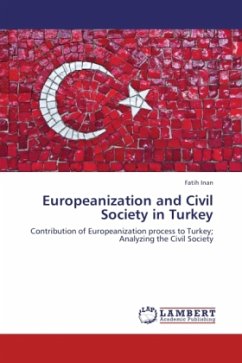It is sorely the responsibility of the state to provide security to its own citizens. But sometimes the challenge of failing states in Africa results in ethical attacks against the state from non-state actors. Usually the response could be to condemn, correct, coalesce, command or commend the state to behave accordingly. But such a response especially by the civil society requires a comprehensive analytical framework of its role, hence human security. This book attempts to analyse the role of the civil society in promoting human security in contexts of increased vulnerability. A case study of the Zimbabwe Christian Alliance is used given the deplorable context of the decade of crisis in Zimbabwe (1998-2008). This must have book for university and college libraries, for NGOs, researchers and practitioners in peacebuilding, human security, and civil society and even for policy analysts. This is because the book identifies and evaluates strategies in advancing human security by the civil society and then further suggests further factors to consider towards enhancing it. The book gives a glaring clarity of the influence of the civil society and state relations in Zimbabwe.
Bitte wählen Sie Ihr Anliegen aus.
Rechnungen
Retourenschein anfordern
Bestellstatus
Storno

